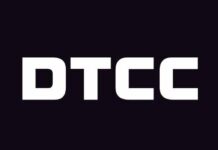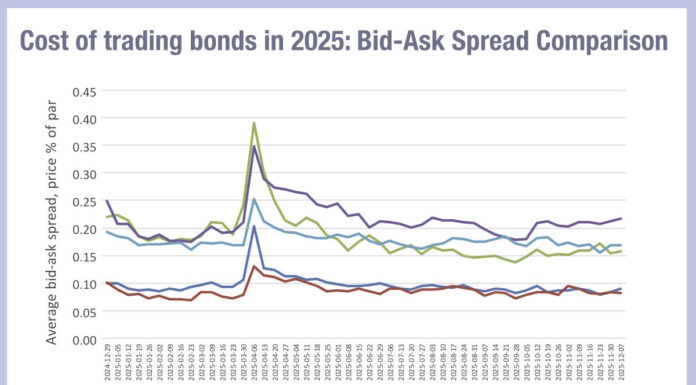Fixed income market optimism has soared, according to valantic FSA and Acuiti’s Q3 2024 Fixed Income Expert Network report, with more than three quarters of those surveyed feeling positive about the rest of the year.
Three quarters of participants stated that they are quite optimistic about the performance of their business, and 6% very optimistic. None of those polled stated any pessimism, with just 19% sharing that they have a neutral outlook on the next three months. This is a significant improvement on last year’s sentiment index, which saw 48% feeling “quite optimistic” in Q3.
The results follow the trends of the year so far. Over H1, 69% of participants stated that they had performed better than budget, and 57% reported posting slightly or significantly better results than in an average year. The optimism can also be attributed to an improving rates outlook, the report said, with the Fed expected to follow the ECB and Bank of England on rate cuts.
The most critical challenges reported by fixed income firms in H1 were competition from other sell-side firms, internal budget restraints and trying to find skilled staff, participants reported, while accessing new markets was reported as no challenge at all for more than 40% of those polled.
The implementation of T+1 in North America, widely considered a non-event, was a seamless transition for 73% of participants. On the 27% who reported some issues, 80% had fully rectified them by the time of the report.
Looking ahead, concerns within fixed income businesses were most concentrated around market risk, cited by 58% of participants as one of their top three risks. This was followed by regulatory risk (48%) and liquidity and cyber risk (both 42%). The buy-side also considered political risk as a top three concern.
Increased issuance of already high government debt is a moderate concern for the majority (62%) of participants, and a significant concern to almost a quarter (23%). On a brighter note, the introduction of a consolidated tape for bonds in Europe will have some positive impact on liquidity, most participants agreed, with a quarter expecting this to be significant and half expecting it to be slight. Just 6% anticipate a slight deterioration.
Preparations
In order to deal with ongoing and upcoming challenges, the report said, the sell-side is investing further in technology. Part of this requires the appointment of a third-party provider, the reliability, performance and ability to integrate of which are critical concerns for participants looking for front-office services. More than 60% considered the company’s reputation to be a very important factor in their selection decision.
Attitudes towards the cloud are still in flux, with more than a third (36%) of participants stating that their firms preferred cloud-based installations when using third-party technology but 43% opting for on-premises installation. Although the majority are either ambivalent or pro-cloud, there is still a reluctance from many to engage.
On the buy side, the focus lies on execution protocols. Innovations in electronic trading, growing attention on best execution and pre-trade transparency and the risk of automation have all contributed to market evolution. Over the last three years, all-to-all protocols have had the greatest impact, the report found, with a quarter of participants stating that their use of the method has significantly increased. Request-for-quote saw somewhat increased use for half of those polled.
Buy-side respondents also shared their increased use of non-bank liquidity providers, with 63% engaging with this type of market maker. This allows them to achieve better fill rates and pricing, they said.
©Markets Media Europe 2024
©Markets Media Europe 2025












